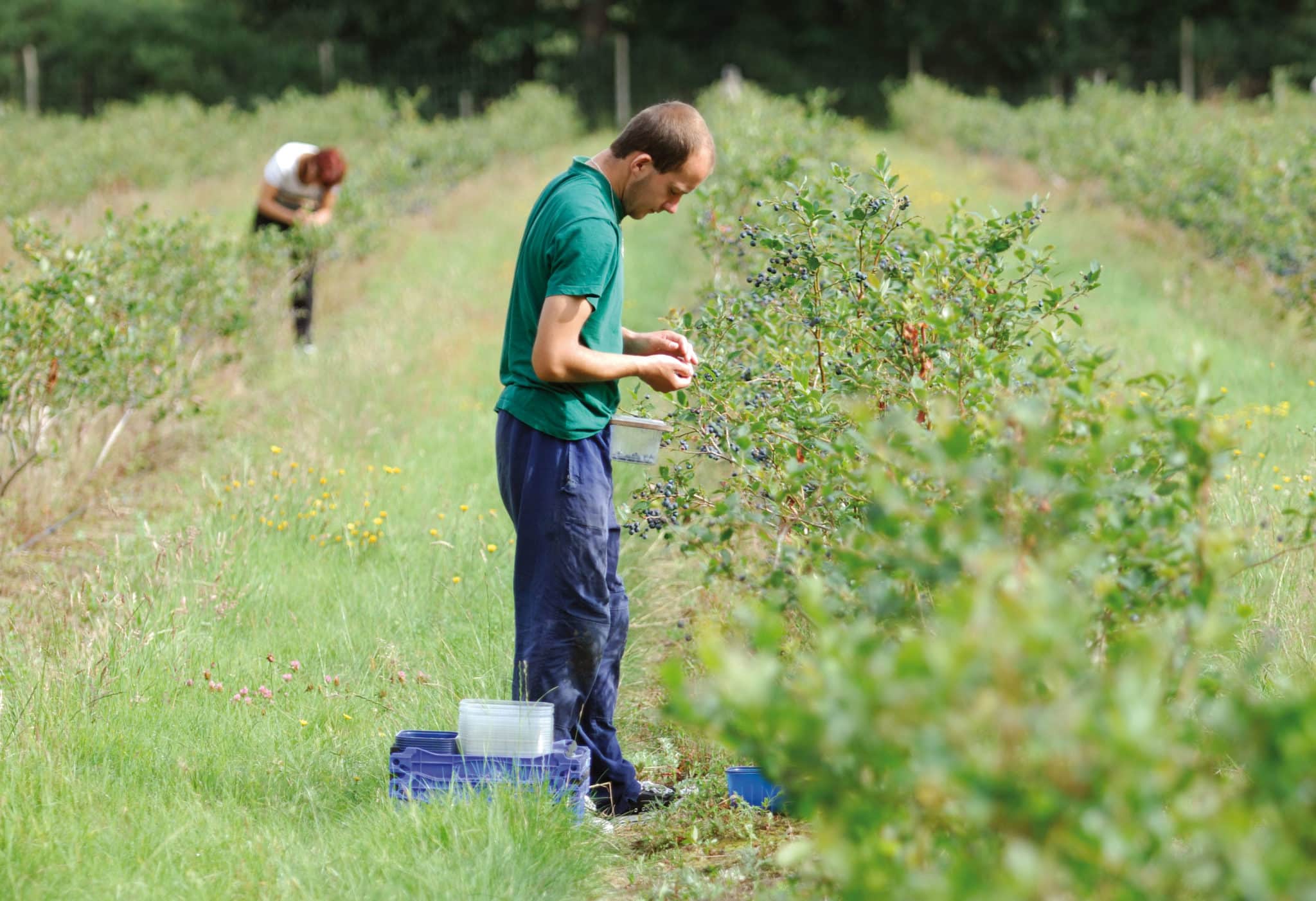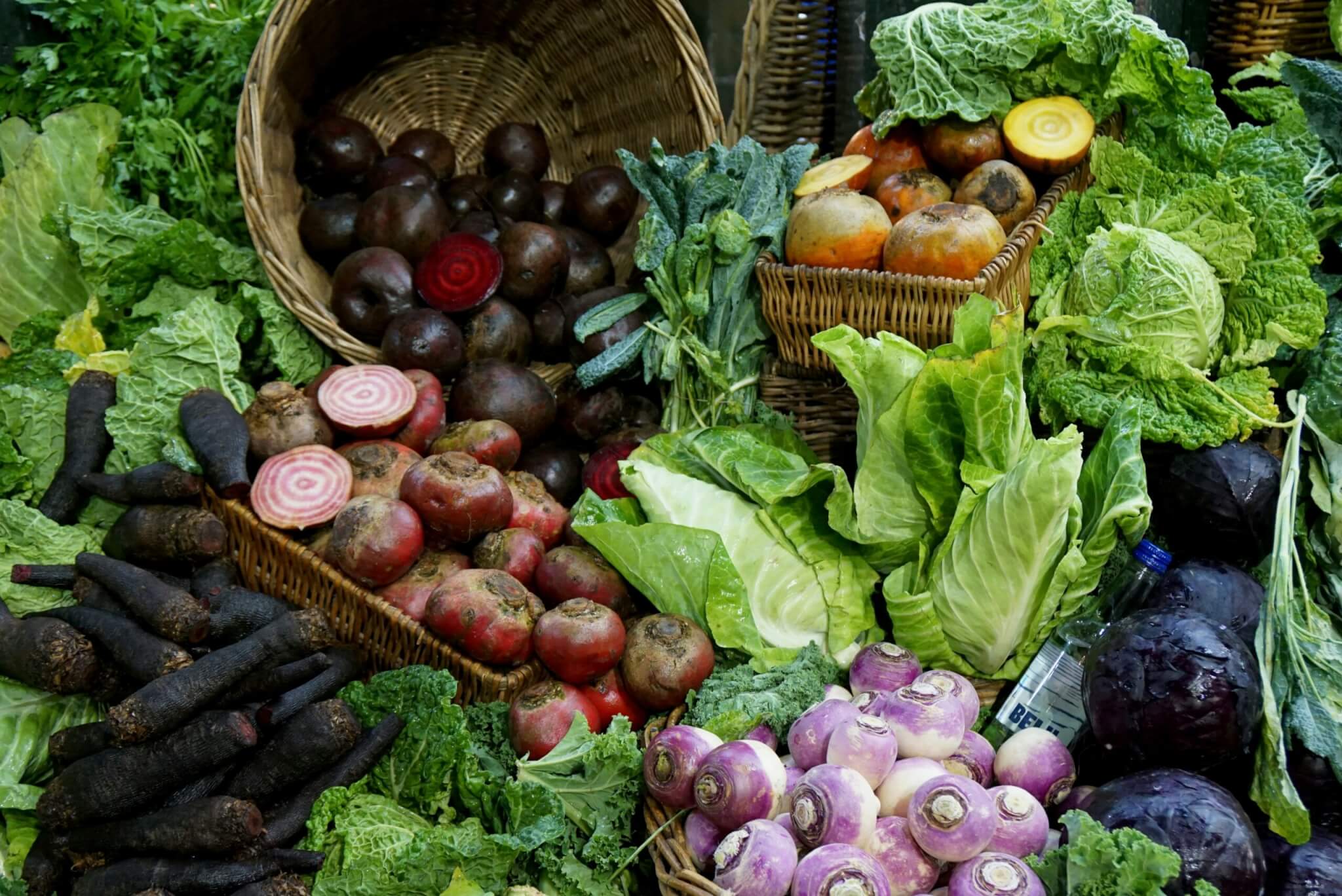Ukrainian refugees are providing vital help in picking some of the UK’s homegrown blueberries as finding enough labour continues to be a major challenge for growers.
David Trehane, an organic blueberry grower in Dorset, said he had employed a group of local Ukrainian refugees who have made “such a difference” to getting the crop in.
“We’ve employed a significant group of these lovely, kind, hardworking people this season and they’ve been an absolute pleasure to have on the farm and made such a difference to getting the crop in. They’ve enjoyed mixing with our UK team and learning English as they work,” he said.
Ukraine already provided a significant number of workers to pick seasonal crops in the UK, and growers had worried about the loss of this trained workforce due to Russia’s invasion.
Seasonal work on farms requires training and the best growers often return yearly and can pick at speed. Since Brexit, the UK fruit and veg industry has been crippled by a lack of their traditional European workers, with the NFU calculating that one in three seasonal worker positions were left empty last year.
The issues in the sector have meant several growers are considering growing less, in stark contrast with a new report urging an increased production of fruit and veg in the UK.
Droughts and wildfires
Trehane, who supplies blueberries to organic veg box company Riverford, said a fine spring has led to a healthy crop of fruit, but warned that the recent drought could result in smaller sized berries.
“2021 provided plenty of fruiting buds, which our fantastic bee population did a sterling job of pollinating in the fine spring weather this year. That’s then produced a heavy crop of blueberries.
“All that positivity aside for a moment though, please can we have some rain soon? As we go into an official UK drought, our irrigation lake is almost empty and lack of water equals smaller fruit,” he said.
A lack of rain is also affecting other crops with some parts of usually verdant areas like Devon seeing only 16 per cent of its usual summer rainfall by this point in the year.
UK-grown sweetcorn, courgettes and salad veg are likely to be most affected by the heat and lack of water, with growers reserving water stores from reservoirs for the more shallow-rooted produce like lettuce and polytunnel veg.
Heatwaves and droughts are one of the main effects of climate change likely to affect food grown in the UK, according to a recent report looking at the impact on fruit and veg grown in the South West.
Report author Elise Wach told Wicked Leeks that water storage for future years is one of the biggest challenges and costs for growers, including things like choosing stronger pumps for bore holes as the water table is likely to drop.
Wildfires have been another visible effect of the extreme heat in the UK recently, where temperatures beat previous records to exceed 40 degrees in some areas.
One conservation and regenerative farm in Norfolk, Wild Ken Hill Estate, shared footage on social media of a blaze which affected much of its coastal land, killing wildlife and destroying conserved habitat.












0 Comments